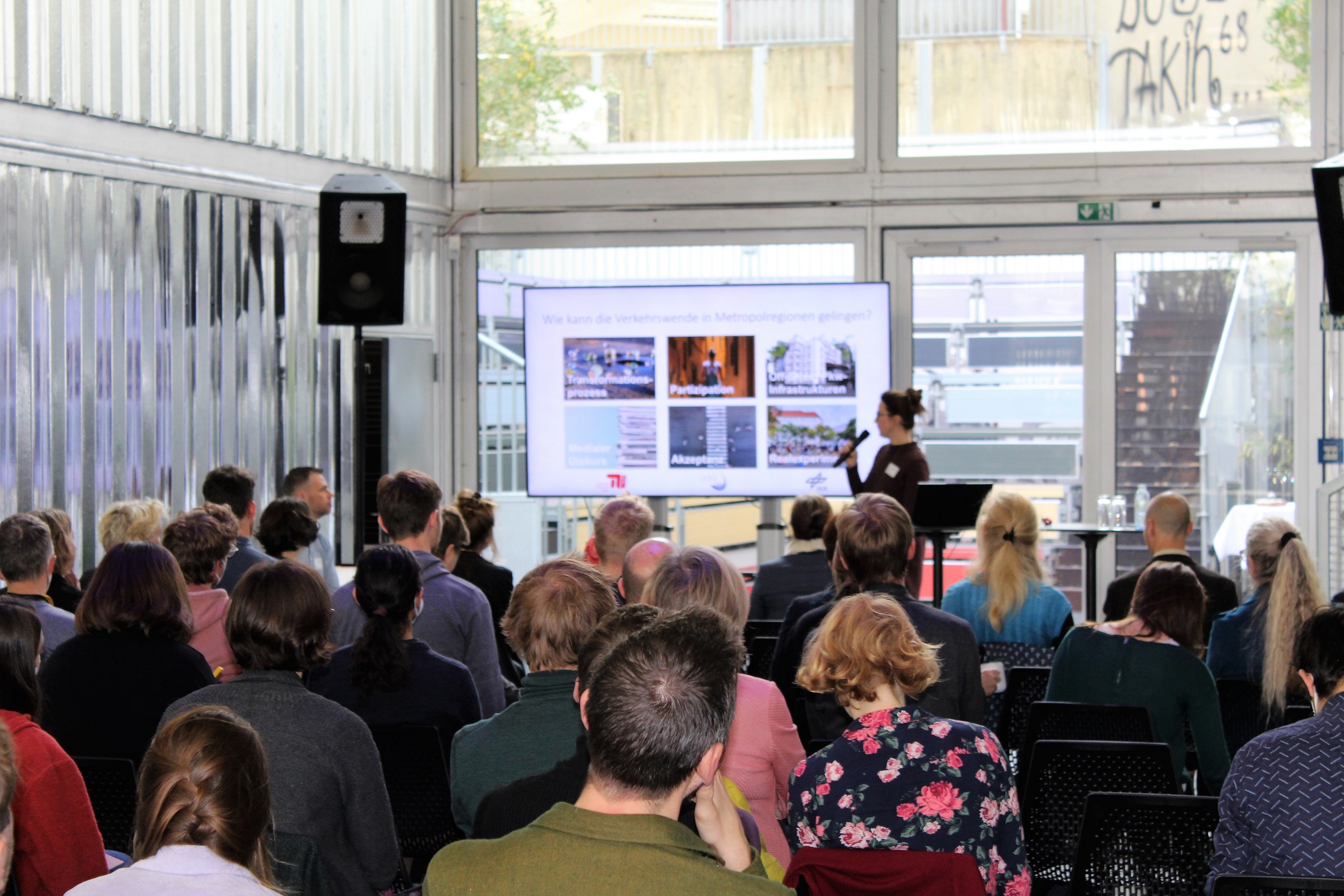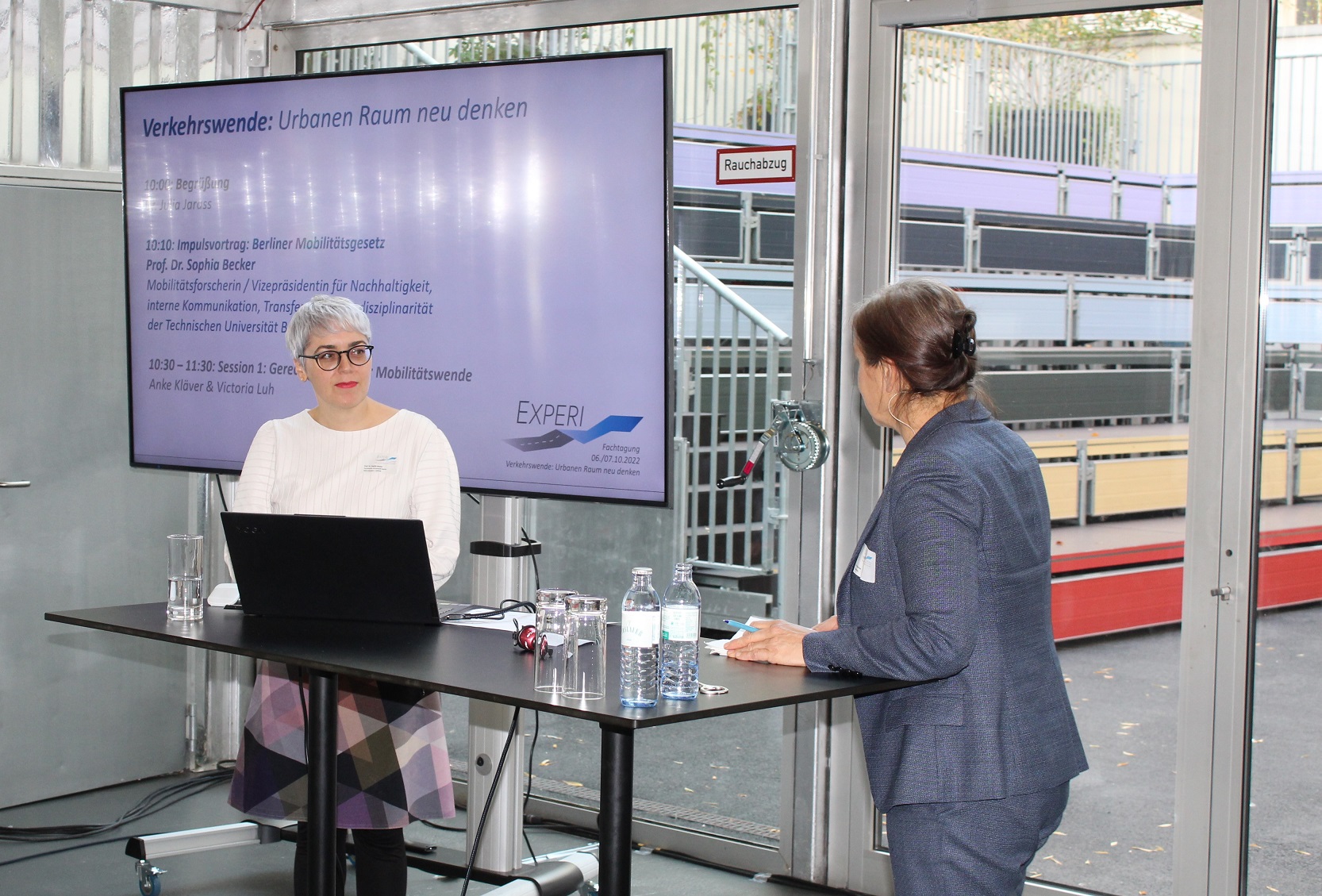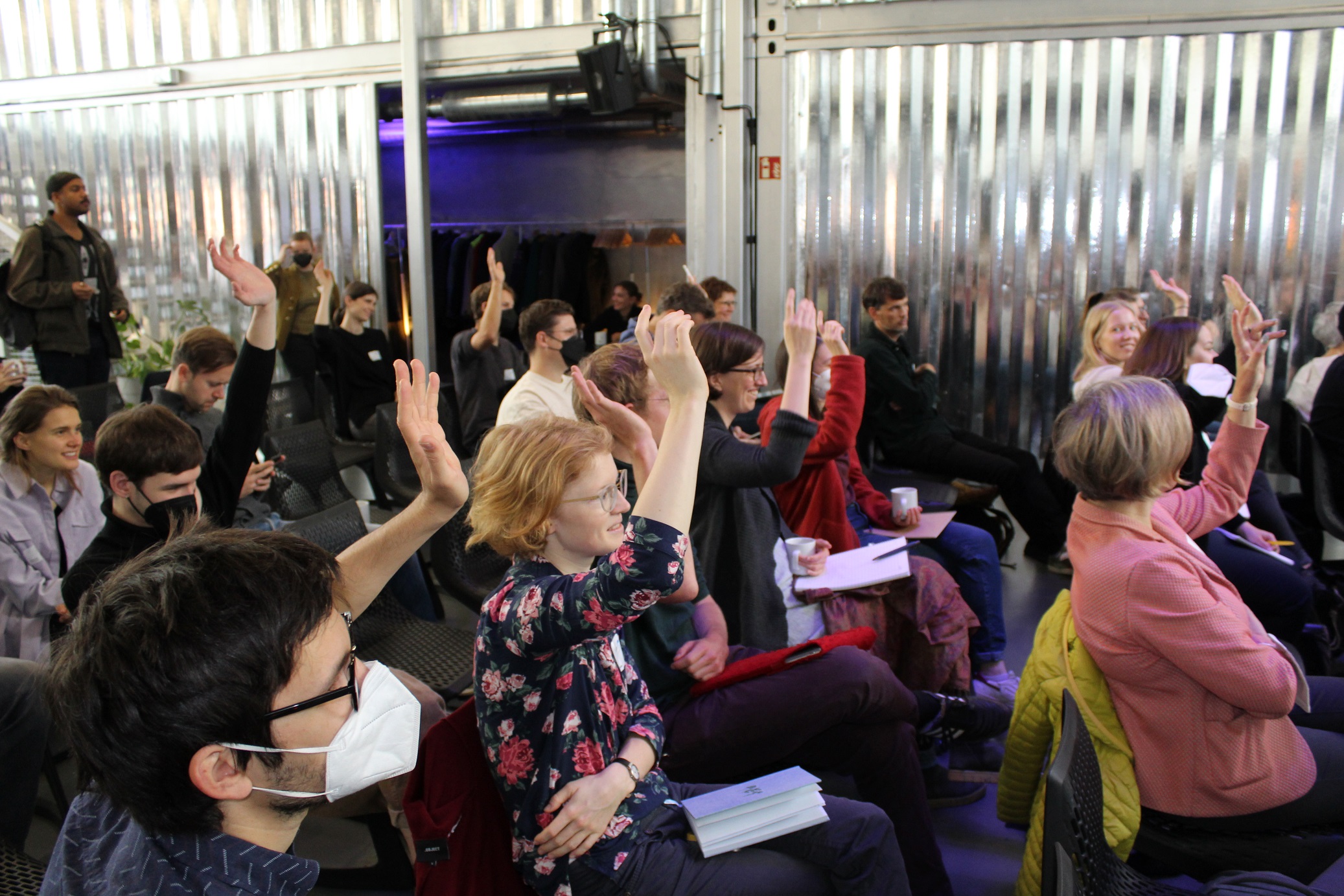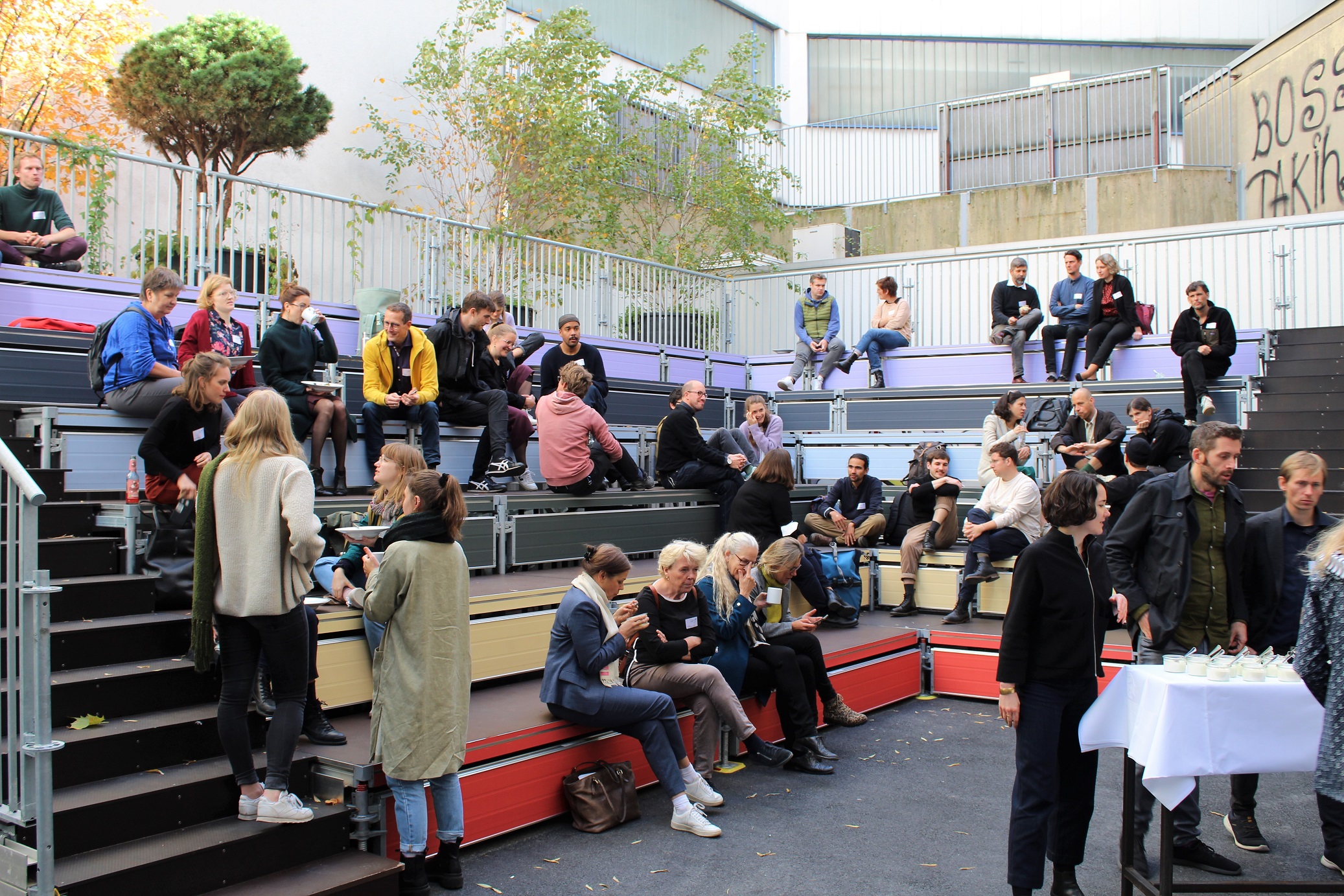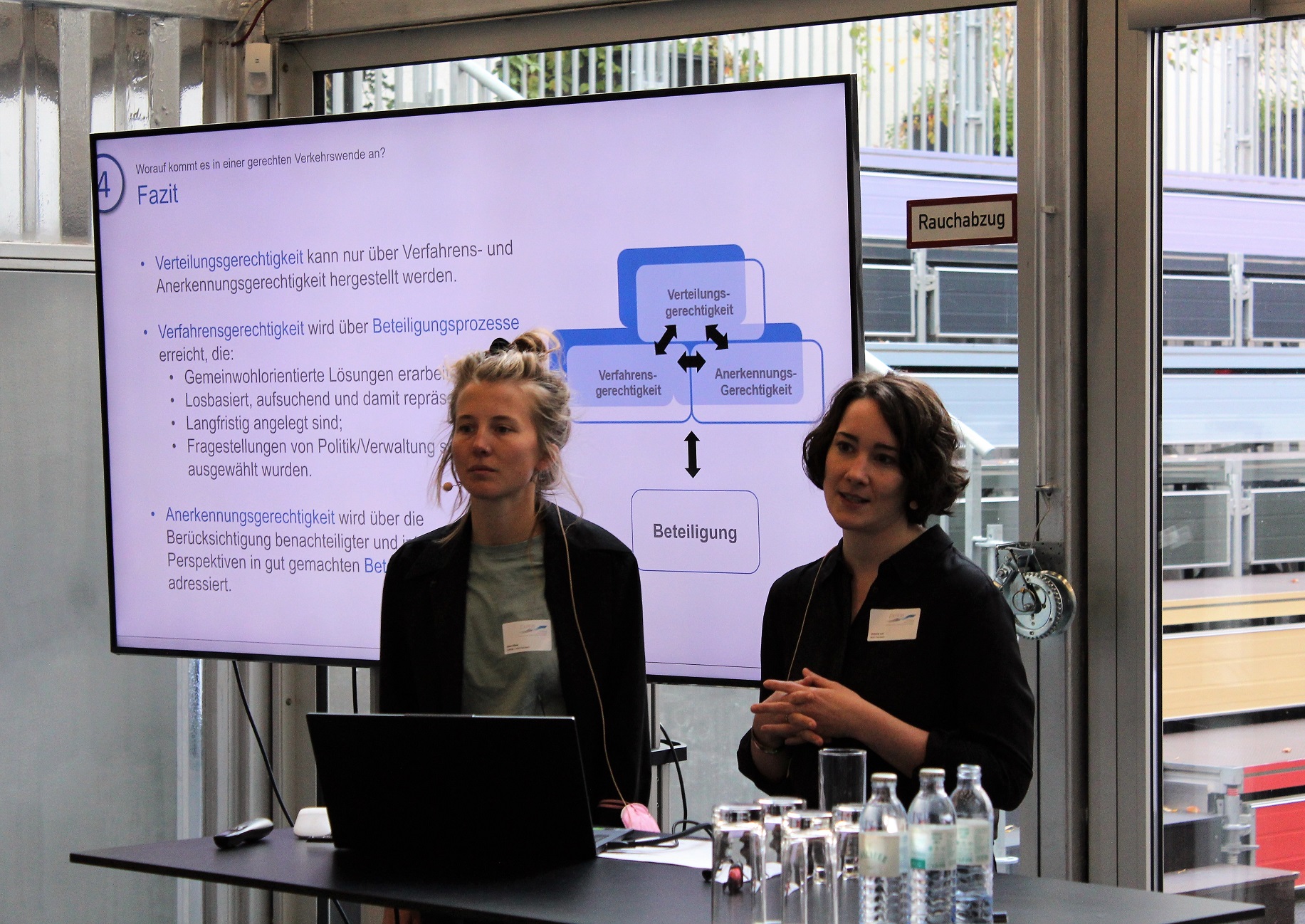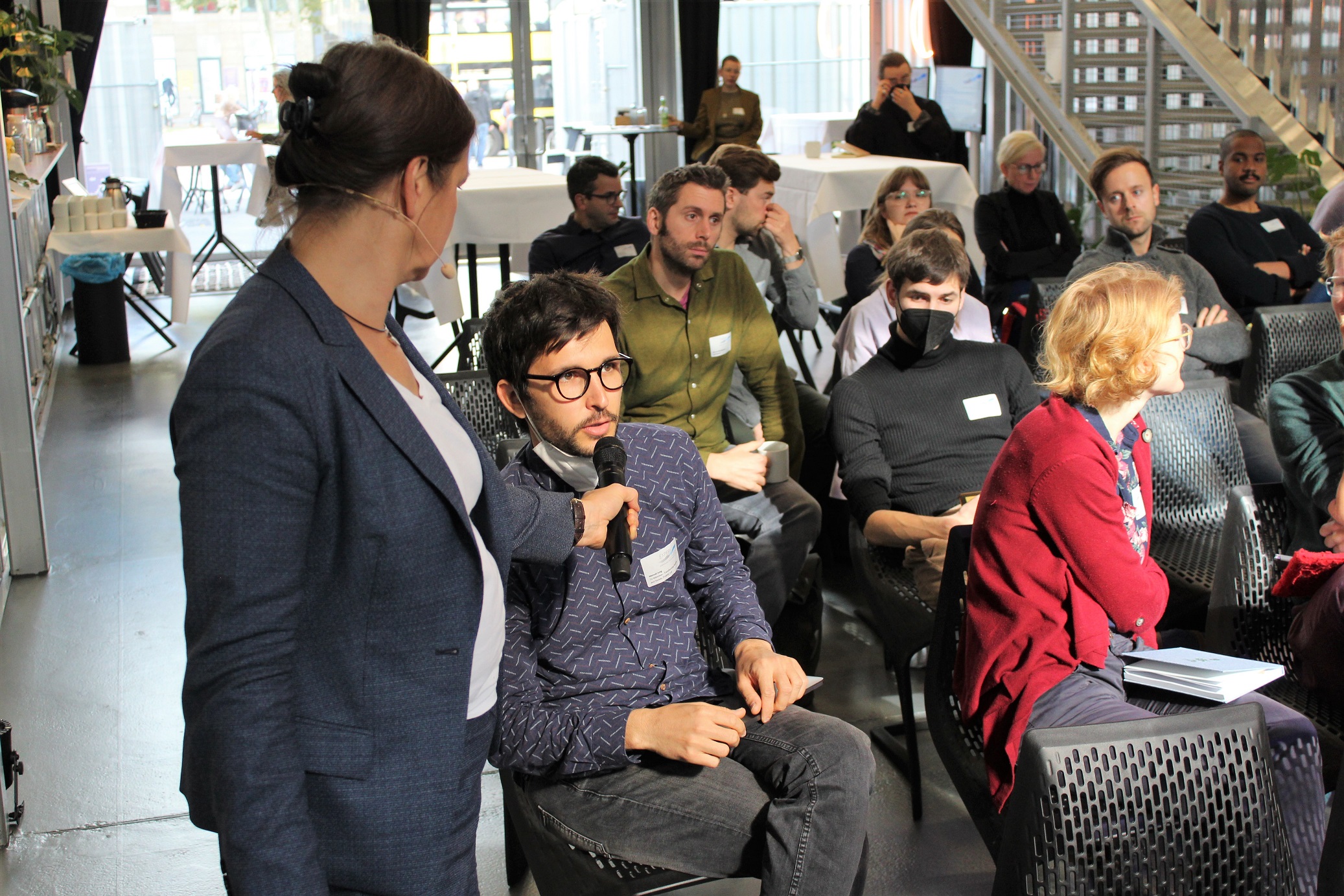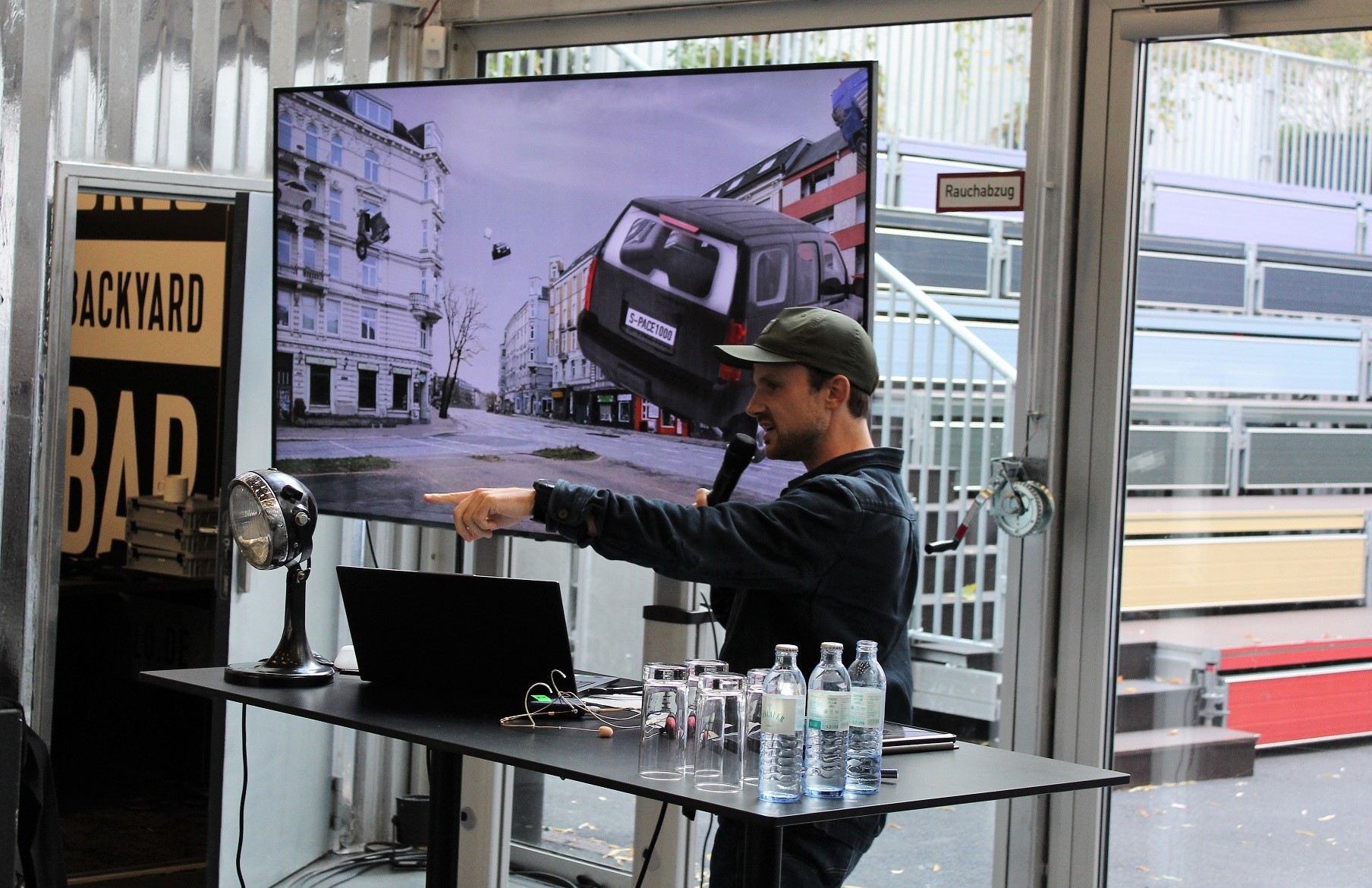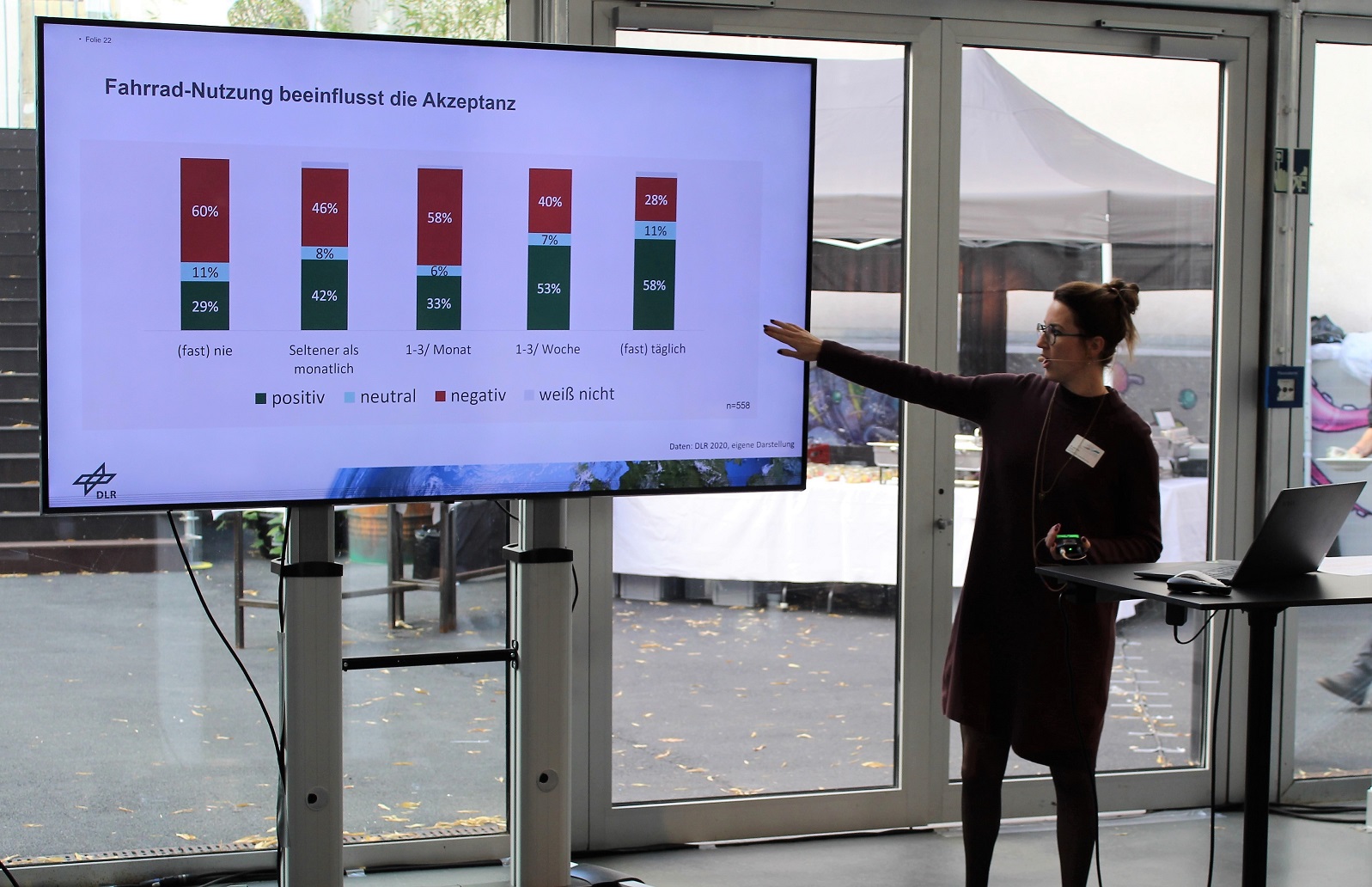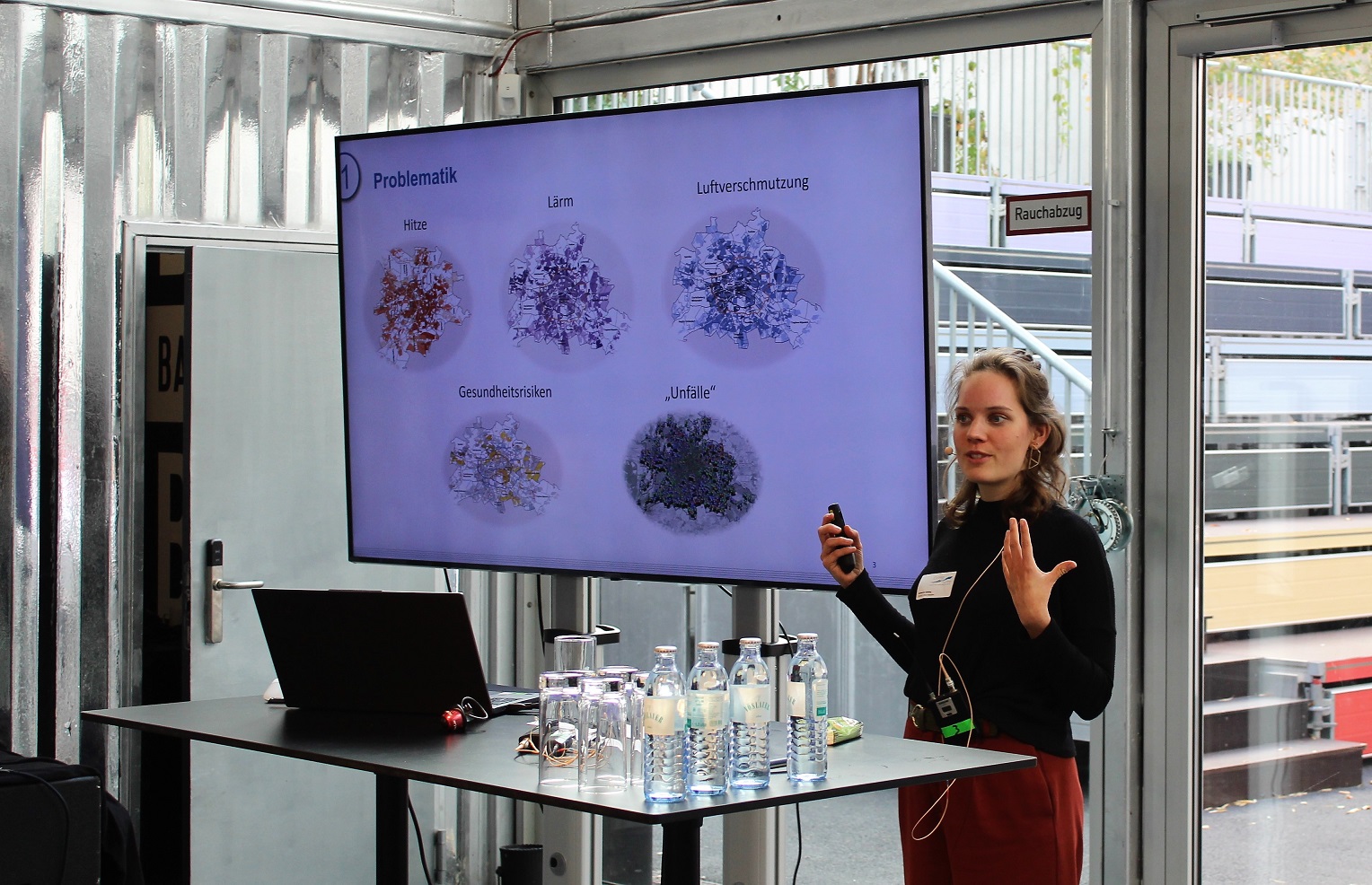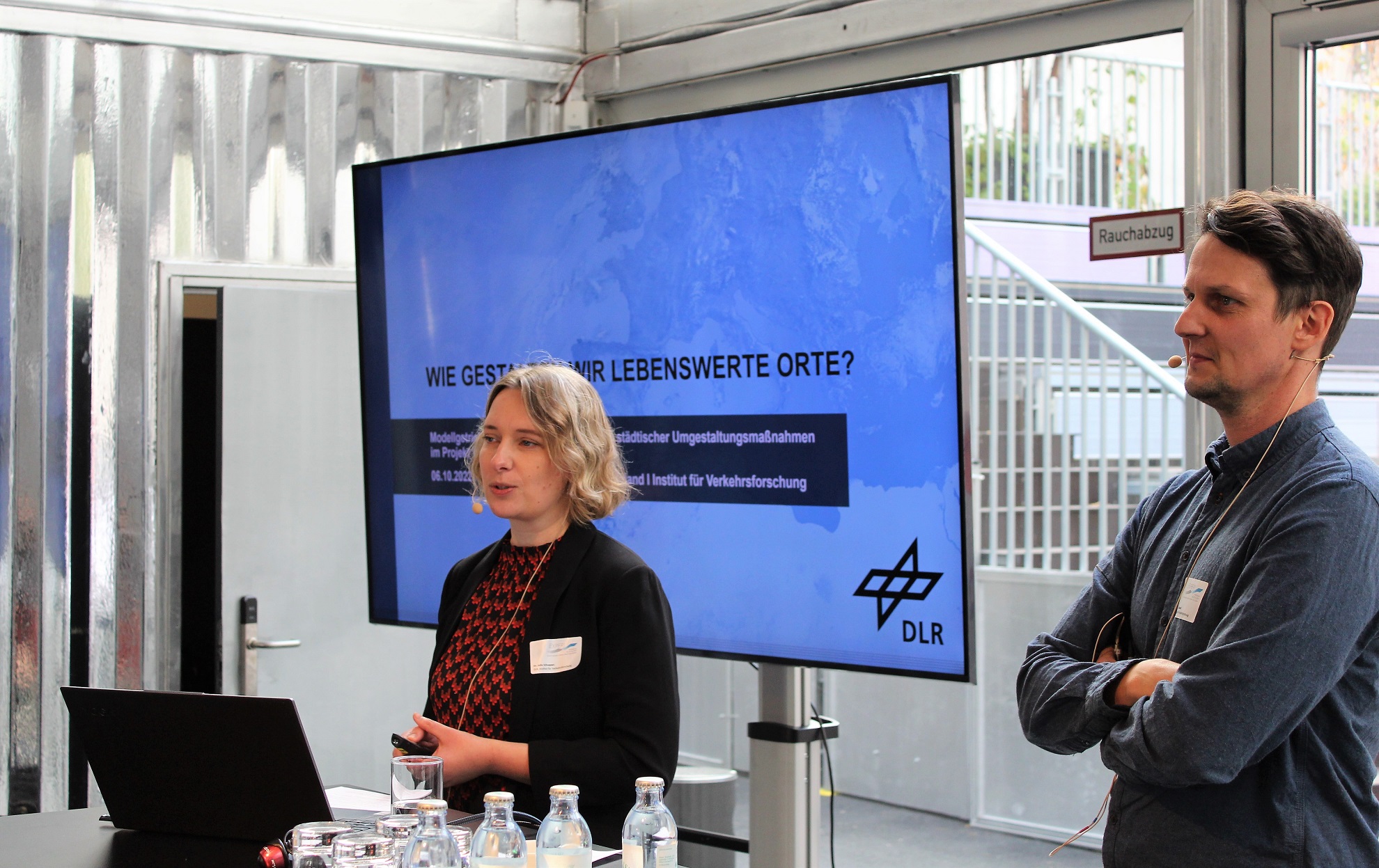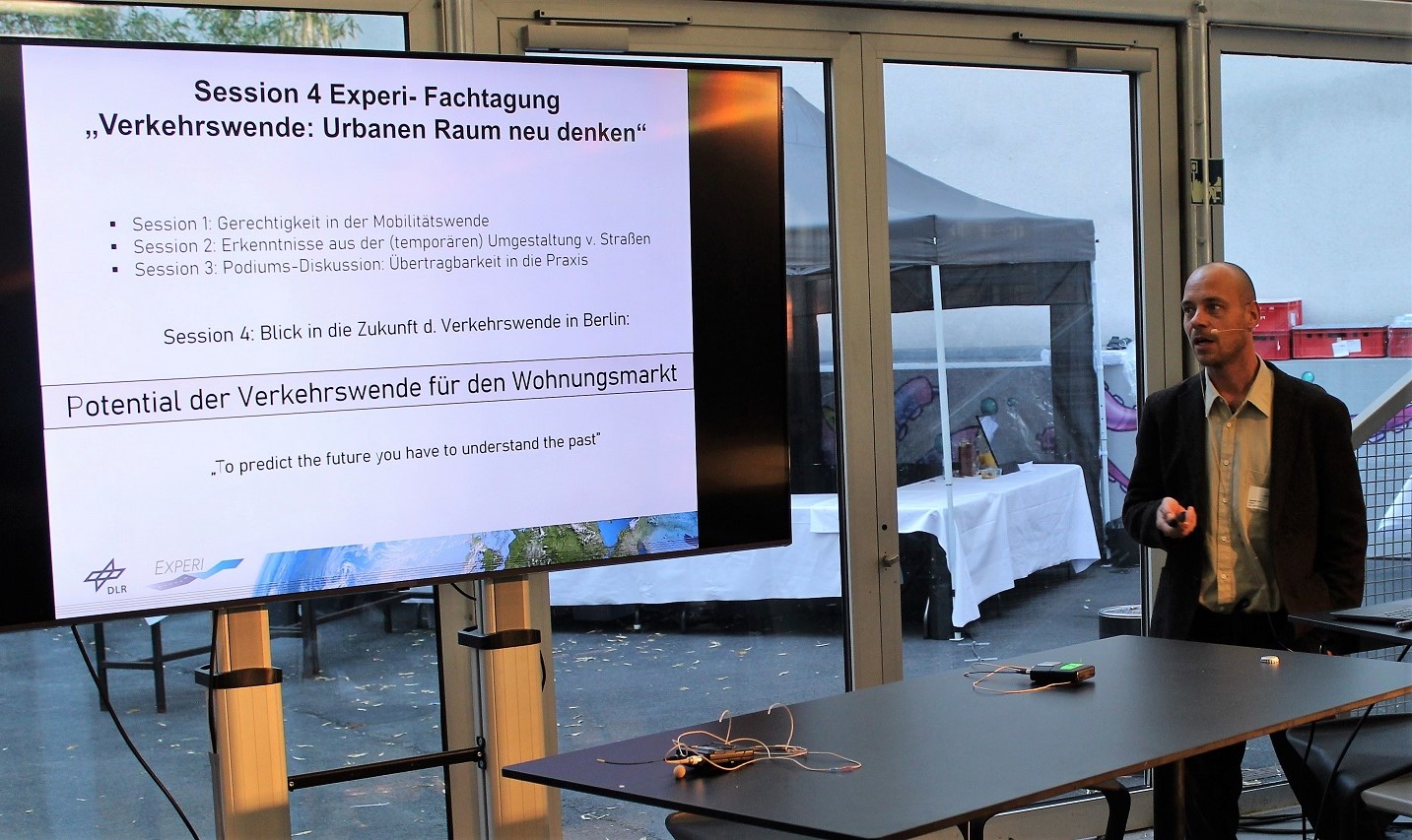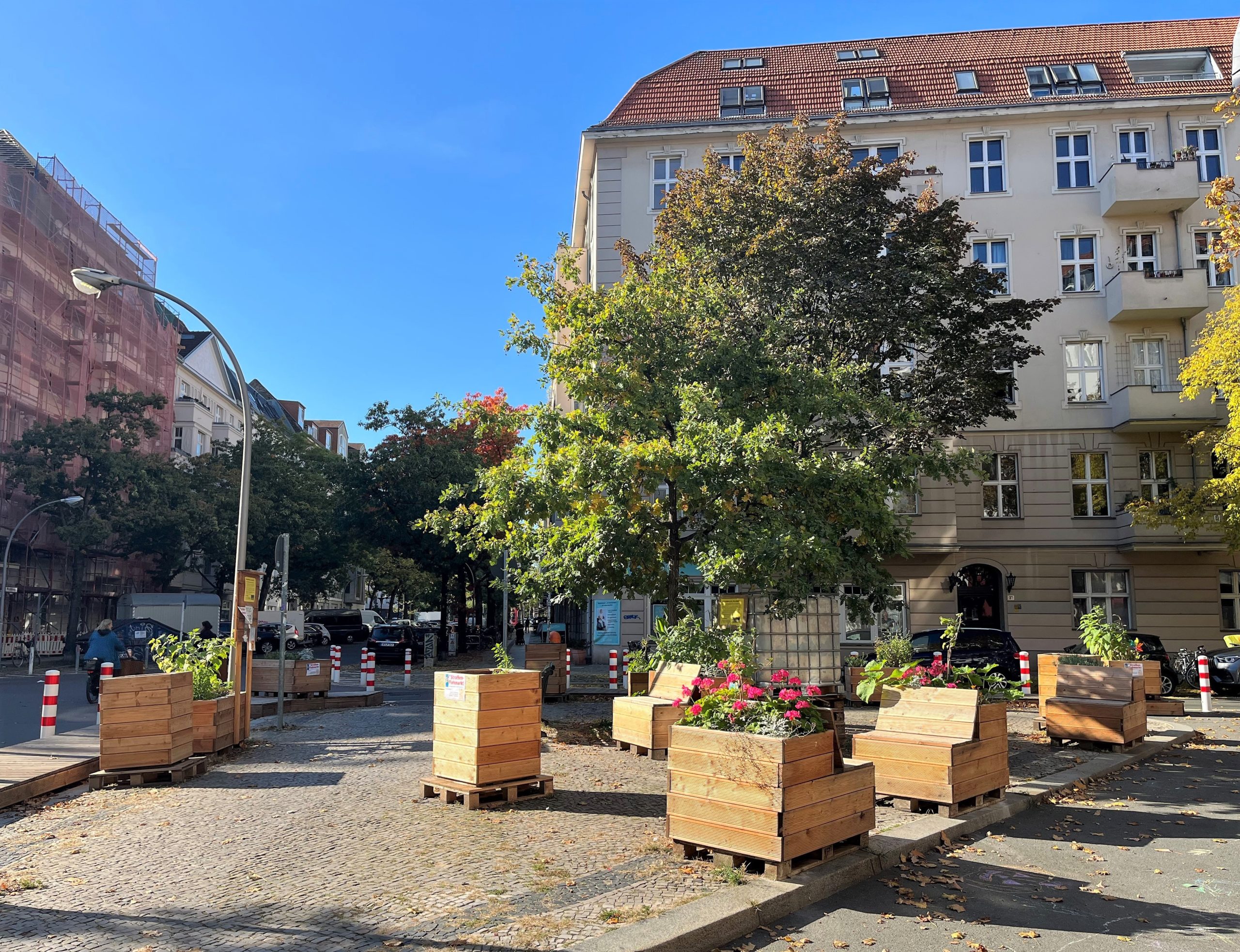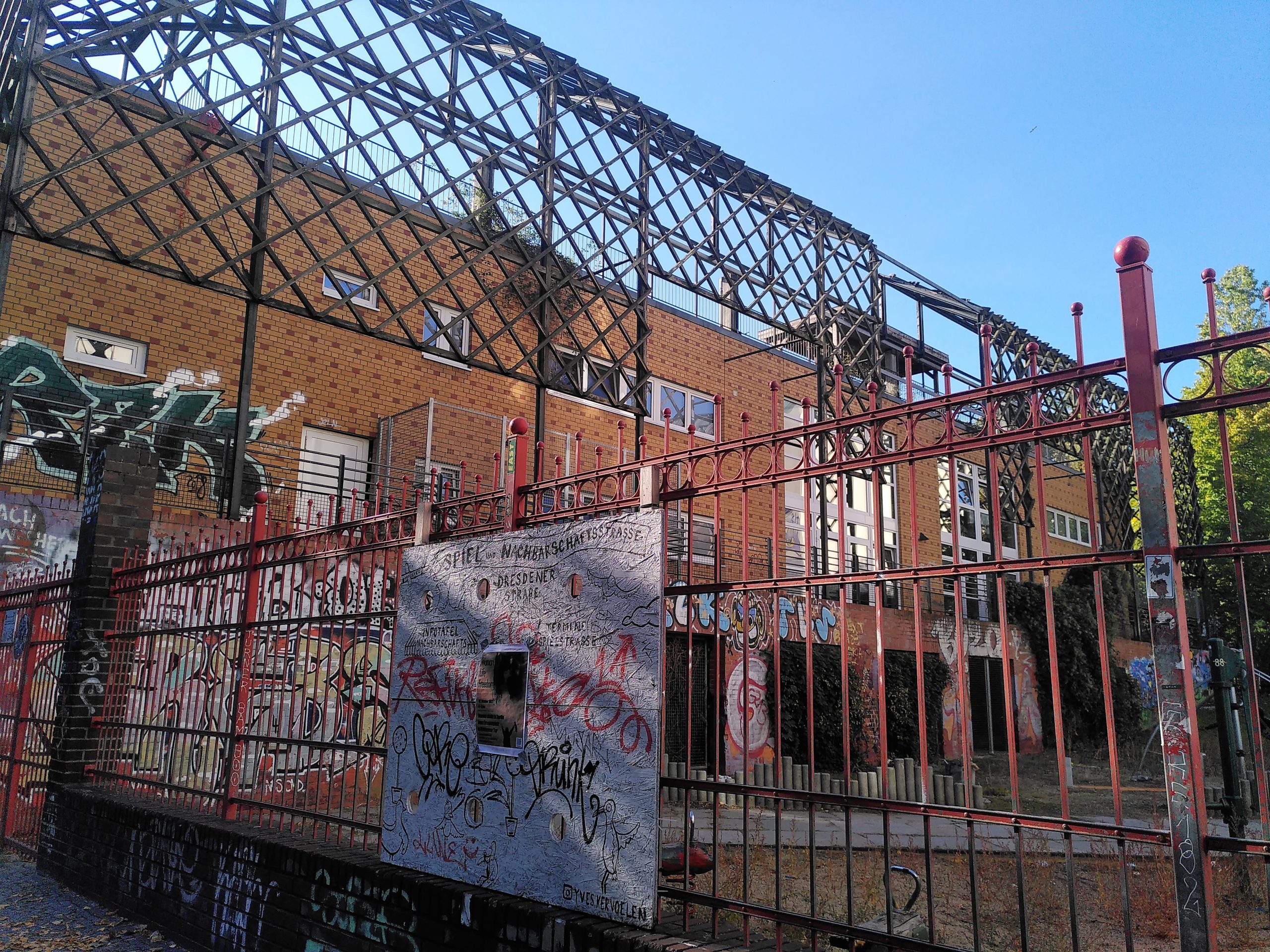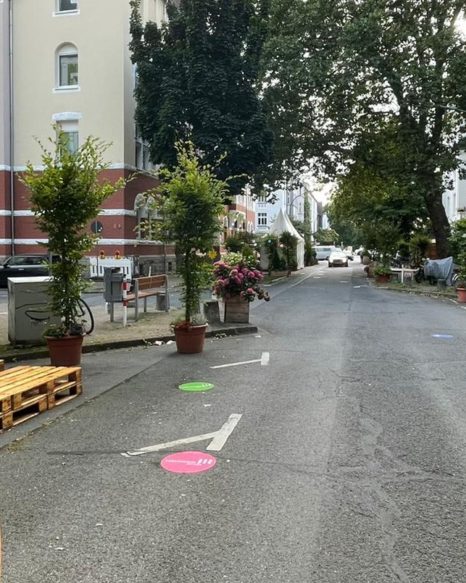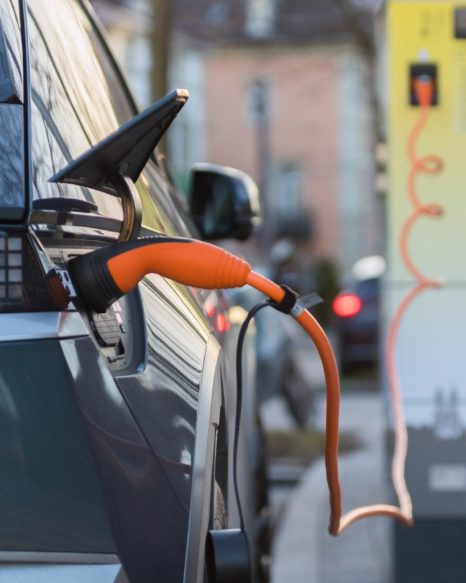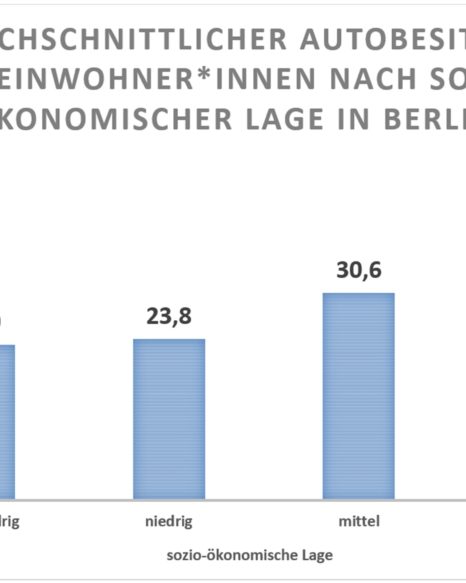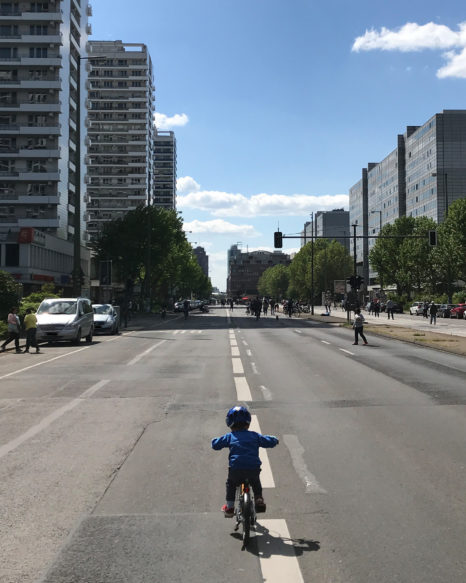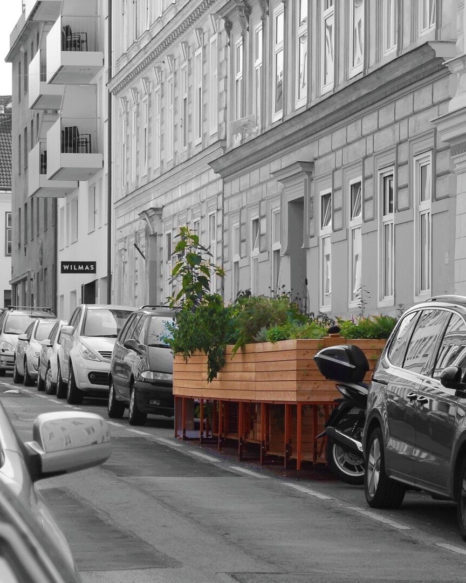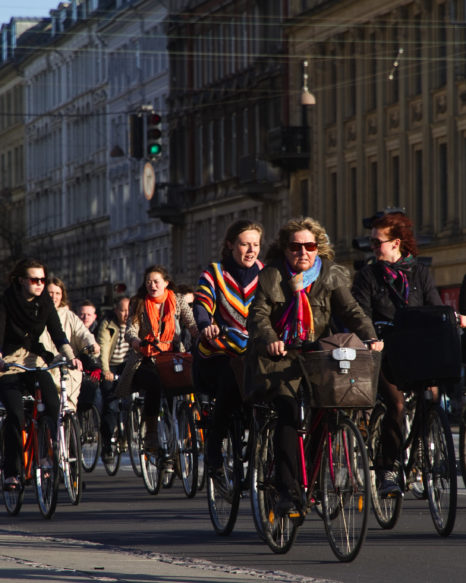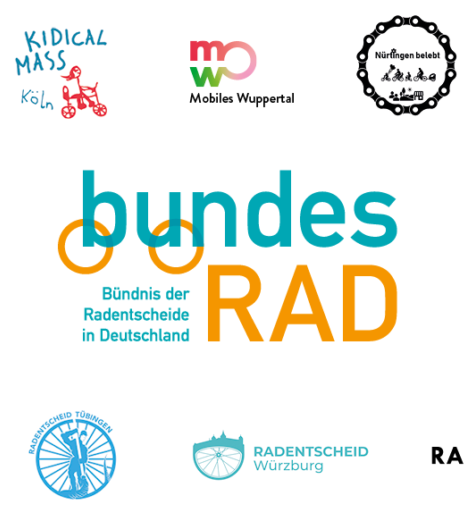EXPERI symposium on 6 and 7 October 2022: “The transport transition: Rethinking urban space”

Organised by the EXPERI research group, the symposium “The Transport Transition: Rethinking Urban Space" opened on 6 October 2022 at Place of Participation – a pop-up venue on Kurfürstendamm – attended by almost 100 guests and the EXPERI team. The symposium, which attracted participants from academia, the private sector, and public administration as well as civil society initiatives and associations, was an opportunity to present and discuss the project’s findings. The broad spectrum of contributions and diverse methods – including statistical analysis, qualitative interviews, geographic analysis, and modeling – made for lively debates on issues relating to the transport transition and the repurposing of urban space. The academic programme was complemented by an artistic piece by Jan Kamensky that explored the repurposing of urban space . In addition, visual impressions of traffic measures from Trondheim, Malmö, Oslo, Münster and Berlin were presented with the help of video excerpts. Q&A sessions, coffee and lunch breaks, as well as a fish-bowl panel discussion with representatives from local government and public agencies enabled visitors to engage in transdisciplinary dialogue.
The project's group leaders Dr Julia Jarass (DLR) and Prof. Dr Sophia Becker (TU Berlin) opened the symposium and highlighted the importance of Berlin’s Mobility Act for the EXPERI research projects and the crucial role played by the civil society initiatives in bringing about the law and laying the foundations for a bicycle-friendly city. The symposium showed that it is no longer a question of whether we need a transport transition; instead the focus of research has shifted to the details of its implementation . The focus of debate has shifted to finding opportunities to accelerate change, reimagining approaches to traffic planning, and bringing the public into planning processes. The research results and discussions showed that "traffic planning" has always been a matter of "conflict planning".
Following this, Anke Kläver (IASS) and Victoria Luh (IASS) kicked off the programme with their research on the concept of justice in the mobility transition. How can the costs and benefits of the transport sector be fairly distributed? And how should affected communities be involved in decisions that will significantly change traffic areas? The key to ensuring an equitable distribution, they explained, lies in carefully designed participatory processes that are socially aware, representative, long-term, and sensitive to disadvantaged and intersectional perspectives.
This academic contribution was followed by Jan Kamensky’s presentation of his project „Visual Utopias“. Kamensky’s humorous and thought-provoking animated films depict utopian visions of public / urban spaces. In one clip, he suggests that “motor vehicles” could more accurately be identified as “parking vehicles” in view of the fact that they spend most of their lifespan on the roadside rather than on the road. Kamensky noted that while the word “road” now conjures up visions of asphalt and cars, not too long ago it was primarily associated with people – perhaps, he suggested, restoring that focus should be among our goals for the future.
This intervention was followed in the afternoon by three presentations on the findings of real-world experiments in three Berlin traffic areas. As Julia Jarass (DLR) explained, these real-world experiments entail temporary interventions in transportation systems and infrastructure with the aim of modifying the behaviour of previously privileged road users. Drawing on household surveys and analyses of pathways in the context of three real-world experiments in Berlin (Sommerstraße Barbarossa, Stadtplatz Charlottenburg, Lausitzer Platz), Dr Jarass discussed the factors that enhance or diminish the acceptance of interventions in existing transportation infrastructure.
Katharina Götting (IASS) focused on the public acceptance of so-called Kiezblocks, a model inspired by Barcelona’s superblocks. These interventions aim to divert through-traffic around urban residential neighbourhoods, opening up public space for pedestrian, bicycle, and public transit, as well as for new green spaces and non-commercial uses. Similar to the previous presentation, Götting examined the factors that enhance or diminish the acceptance of superblocks in Berlin. Here, however, 'acceptance' was described in terms of the emotional response elicited, based on the analysis of ‘affective imageries' as part of an online survey.
A study by Dr Julia Schuppan (DLR) and Dr Simon Nieland (DLR) at the interface of EXPERI extended the range of scientific methods presented here, using an agent-based traffic model to analyse traffic behaviour at Lausitzer Platz. The model was used to test how the implementation of new vehicle concepts affects accessibility to public transportation, workplaces, recreational facilities, etc.
Following this, the symposium turned its focus to the application of scientific findings in transportation and urban planning practice. The moderator, Dr Tanja Busse, who did a sterling job throughout the entire day, led a fish bowl discussion with Saskia Ellenbeck (Tempelhof-Schöneberg District Office), Kirsten Pfaue (City of Hamburg), Oliver Schruoffeneger (Charlottenburg-Wilmersdorf District Office) Felix Weisbrich (Friedrichshain-Kreuzberg District Office). The audience was invited to participate in this fishbowl discussion alongside the experts from politics and public administration. This interactive format helped to bring visitors to the symposium into the conversation.
The final presentation on Thursday was by Alexander Czeh (DLR), who outlined his research findings on the potential of the transportation transition for the housing market. As he explained, a city with fewer cars, is a city with less need for so-called "off-street infrastructure” such as petrol stations, car dealerships, parking garages, etc. In some cases, these structures could be repurposed for residential use and so help to alleviate the housing shortage and rent crisis. After a closing speech by Dr Julia Jarass, the evening of the first day ended with snacks and drinks.
A detailed overview, as well as downloads of the individual presentations can be found at https://www.experi-forschung.de/fachtagung.
The next morning, the programme continued with three excursions to locations to explore this research on the in the field. The first group learned about the EXPERI real-world experiment on Stadtplatz Charlottenburg , where an intersection was transformed into a car-free town square for a month in autumn 2020.
The second group visited Lausitzer Platz, which was transformed into a pedestrian zone in late 2020, together with the surrounding streets. Participants were able to experiment with a persona approach developed by Anke Kläver and Katharina Götting that allowed them to explore the different perspectives of residents and business owners.
The third group visited the day-care centre Dresdner Strasse, which was built in the 1980s on a repurposed parking garage erected in the 1970s, creating 136 day-care places from off-street automobile infrastructure.
These excursions concluded the EXPERI symposium. Research will continue until the end of the project in May 2024. You can find out more about our research findings and events .



